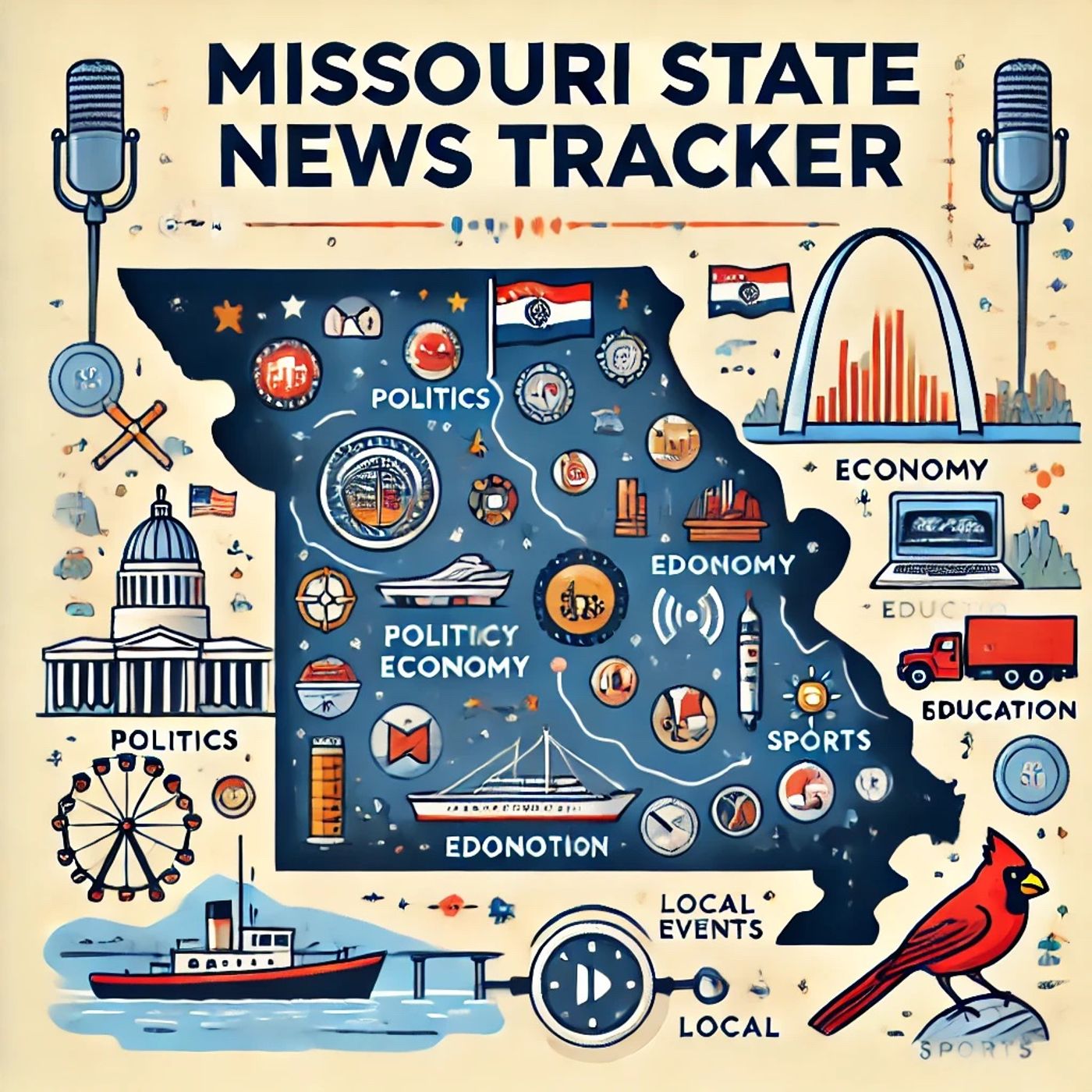Jan 27 2025 2 mins
Missouri is off to a busy start in 2025, with significant developments across various sectors. In government and politics, the state legislature is in full swing, considering over 1,800 bills, including proposals for new tax credits aimed at boosting economic development[2][3]. Notably, bills like House Bill 279 and Senate Bill 129 aim to create tax credits for housing for victims of domestic violence and services for homeless people, respectively.
In business and economy, lawmakers are weighing in on how to manage the state's $455 billion economy, with a focus on tax credits for specific industries and businesses[3]. For instance, House Bill 235 and Senate Bill 461 propose the Missouri Angel Investment Incentive Act to award tax credits to tech companies in rural counties.
On the environmental front, the Missouri River Basin is experiencing persistent drought conditions, with below-normal precipitation and above-normal temperatures contributing to deteriorating conditions[4]. The Climate Prediction Center forecasts continued drought persistence in January, with limited improvements expected in western Montana and isolated areas of Nebraska and Kansas.
In community news, education remains a focus, with bills like Senate Bill 115 proposing new provisions for elementary and secondary education[2]. Public safety is also a concern, with discussions around concealed carry permits and emergency medical services[2].
Looking ahead, Missouri residents can expect continued debate on key legislative proposals, including those related to economic development, education, and public safety. The state's response to ongoing drought conditions will also be a critical issue to watch. As the legislative session progresses, residents are encouraged to stay informed and engage with their representatives to shape the future of Missouri. Key upcoming events include further deliberations on the state budget and potential votes on significant policy changes.
In business and economy, lawmakers are weighing in on how to manage the state's $455 billion economy, with a focus on tax credits for specific industries and businesses[3]. For instance, House Bill 235 and Senate Bill 461 propose the Missouri Angel Investment Incentive Act to award tax credits to tech companies in rural counties.
On the environmental front, the Missouri River Basin is experiencing persistent drought conditions, with below-normal precipitation and above-normal temperatures contributing to deteriorating conditions[4]. The Climate Prediction Center forecasts continued drought persistence in January, with limited improvements expected in western Montana and isolated areas of Nebraska and Kansas.
In community news, education remains a focus, with bills like Senate Bill 115 proposing new provisions for elementary and secondary education[2]. Public safety is also a concern, with discussions around concealed carry permits and emergency medical services[2].
Looking ahead, Missouri residents can expect continued debate on key legislative proposals, including those related to economic development, education, and public safety. The state's response to ongoing drought conditions will also be a critical issue to watch. As the legislative session progresses, residents are encouraged to stay informed and engage with their representatives to shape the future of Missouri. Key upcoming events include further deliberations on the state budget and potential votes on significant policy changes.
